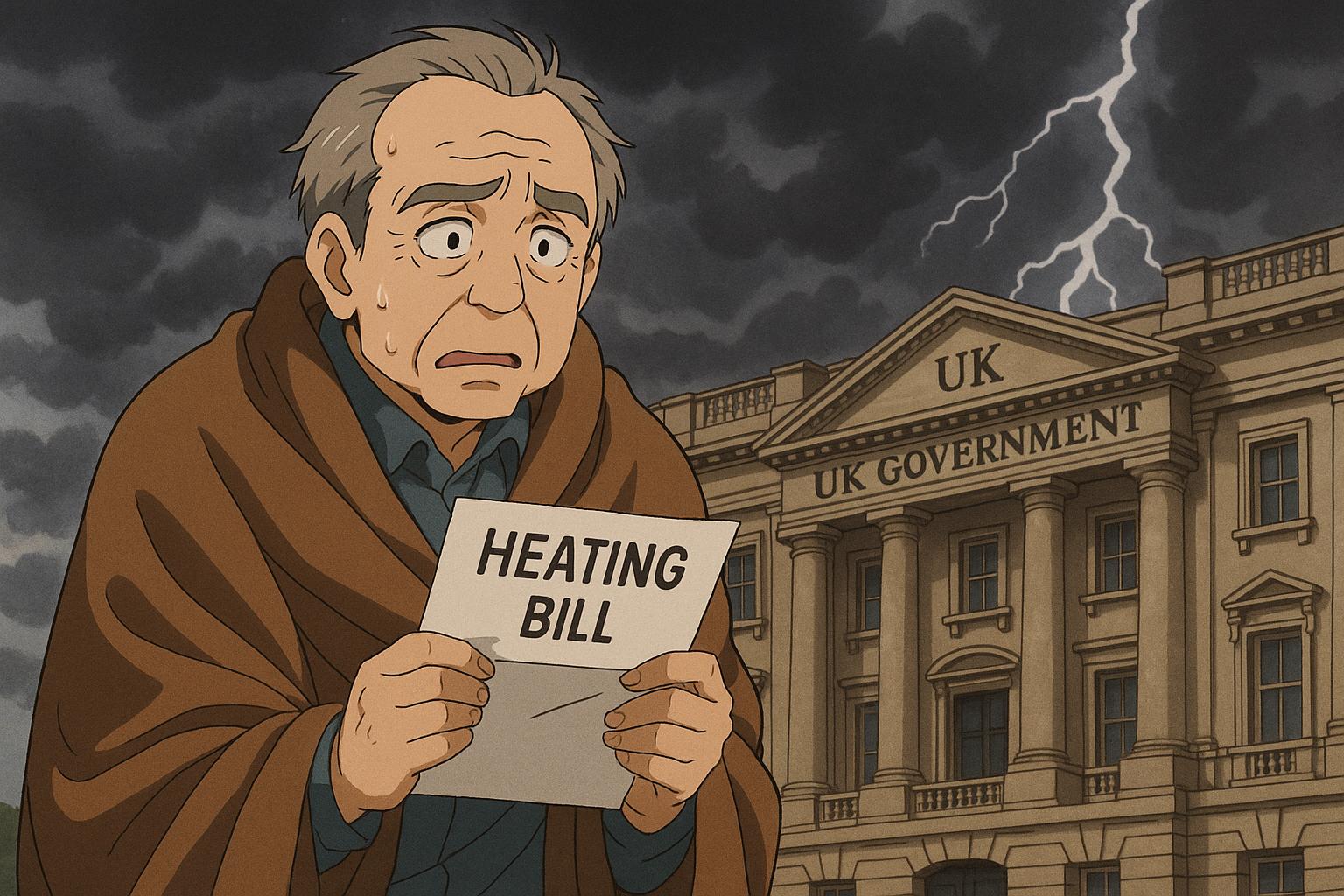Downing Street's reassessment of the controversial cuts to winter fuel payments reflects a deepening crisis of confidence among a disenchanted electorate. The recent reduction, which affects about 10 million pensioners, has been met with widespread outrage, prompting the Labour government, under Chancellor Rachel Reeves, to conduct internal polling and focus groups in a desperate bid to gauge public sentiment amid claims of a crippling £22 billion budget deficit inherited from the previous Conservative administration. This move, which selectively limited eligibility to those on income-related benefits, has been branded as reminiscent of the "poll tax," directly targeting those who rely on state support.
The backlash against these cuts has not only fueled public discontent but has also translated into tangible electoral consequences for the Labour Party, evidenced by their failures in recent elections, including significant losses in local councils and the pivotal by-election in Runcorn and Helsby, which was won by the surging Reform UK party. The Labour leadership is now on high alert, as members of the Red Wall—the group of about 45 MPs—are imploring the government to ‘act now’ to rebuild trust among voters. This perceived failure to listen is a clear indication that restoring public faith isn't just a matter of political convenience, but a necessity for survival.
Keir Starmer finds himself increasingly cornered as internal dissent mounts over the winter fuel payment cuts. While he reluctantly acknowledges the backlash and the weight of tough decisions, he defiantly maintains that these reductions are vital for economic stabilization, even suggesting that recent interest rate drops signify a rebound. However, the growing unrest within his party, with nearly 100 MPs pressing for a reevaluation of welfare reforms—including crucial disability benefits—signals a stark disconnect from the electorate's pressing concerns. Prominent Labour figures, such as Eluned Morgan, the Welsh First Minister, emphasize that the winter fuel payment cut tops the list of voter grievances, framing it as a critical issue demanding immediate attention.
Amidst this political turmoil, whispers of a potential policy revision are emerging. Discussions are hinting at increasing the £11,500 income threshold that currently disqualifies many pensioners from receiving support. Advocates for change, like Simon Francis from the End Fuel Poverty Coalition, argue that a comprehensive overhaul is necessary, including a taper system that would ensure no individual is excluded from payments simply for being marginally above an arbitrary threshold. Such changes could hold substantial weight, not only for the government's position but also for the livelihoods of the vulnerable populations affected.
As the government gears up for a spending review due in early June, the anticipation of modifications to winter fuel payments looms large. Nonetheless, the charged political atmosphere denotes that Starmer's choices will have significant ramifications for the Labour Party's future strategies and public image. The stakes are undeniably high as the electorate grows ever more discerning and unwilling to accept policy choices that neglect their needs.
Source: Noah Wire Services
